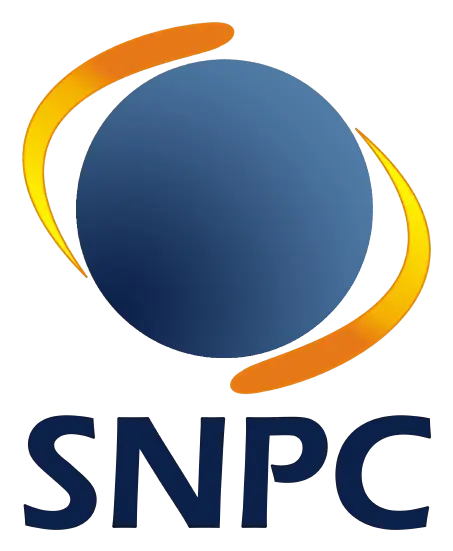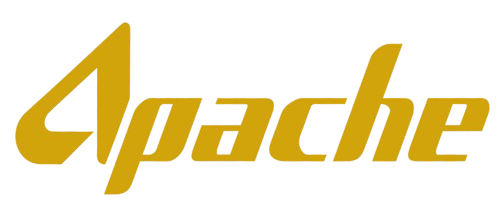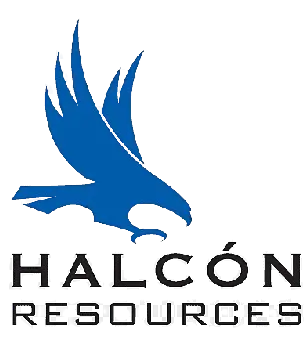All Courses
Use the filter below to navigate our courses
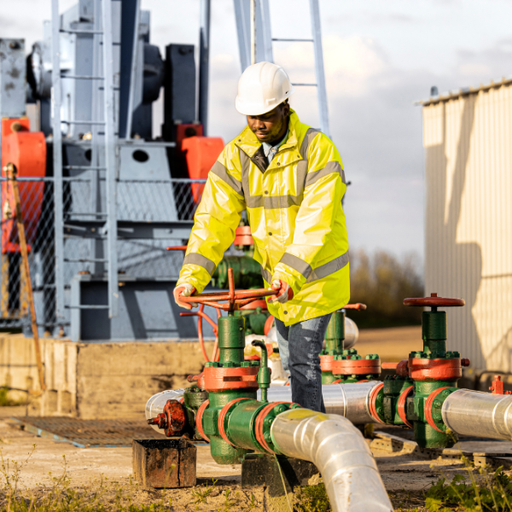
Description:
This course covers the fundamental aspects and practices of production engineering, by providing a clear understanding of the integrated production systems, from reservoir to surface. The course addresses details of reservoir engineering concepts, reservoir inflow performance, well performance and productivity as well as monitoring production system behavior using Surface and downhole technologies, flow assurance issues, artificial lift technology and production surface facilities. It emphasizes production process diagnostics to help troubleshooting problem wells and aid design appropriate well intervention and work-over operations.
Contents:
- Reservoir Properties overview
- Reservoir Performance
- Well Production Optimization
- In-well production diagnosis
- Well Completion
- Artificial Lift Technologies
- Production Operations
Designed For: Petroleum engineers, graduated production engineers, process engineers, development geologists, geoscientists and other technical or operational staff with a limited background in production engineering
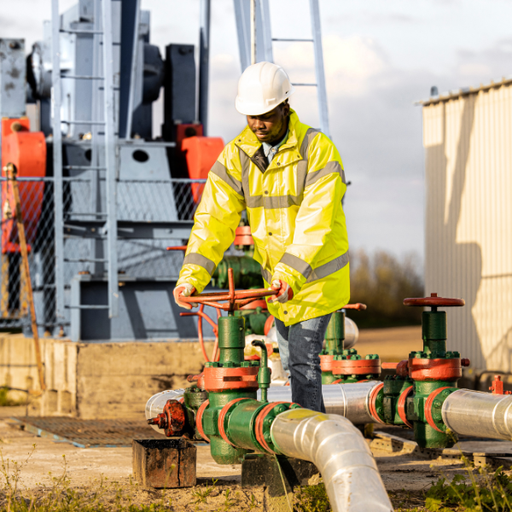
Description:
This course aims to cover the fundamental aspects of Well Stimulation whose main objective is to repair formation damage and improve well production. Detailed understanding will be conducted on formation damage and its impact on well production performance, stimulation techniques, their advantages, and disadvantages. Stimulation job execution, monitoring and evaluation will be discussed with an emphasis on HSE considerations.
Contents:
- Formation damage
- Introduction to Stimulation Concepts
- Acidizing
- Acid Job design, Execution and Evaluation
- Hydraulic Fracturing
Designed For: Petroleum Engineers, Reservoir engineers, Production Engineers , Production Technologist, Field Engineers, Development Geologist, Field Engineers, Oil Field Technical Staff, production managers and other technical or operational staff who are involved in acidizing and fracturing operations.
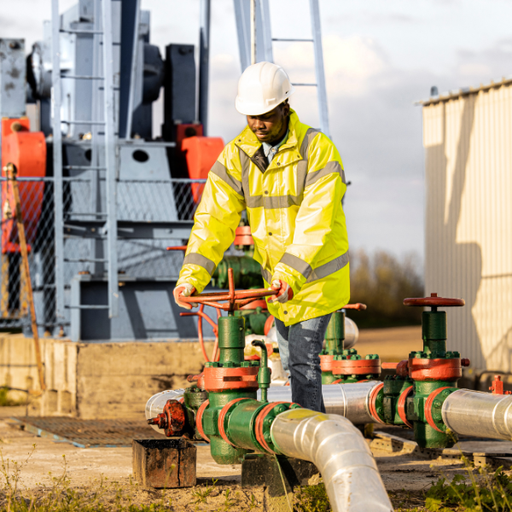
Description:
This course aims to cover the fundamental aspects of Well Stimulation whose main objective is to repair formation damage and improve well production. Detailed understanding will be conducted on formation damage and its impact on well production performance, stimulation techniques, their advantages, and disadvantages. Stimulation job execution, monitoring and evaluation will be discussed with an emphasis on HSE considerations.
Contents:
- Reservoir Performance
- Formation damage
- Acidizing
- Hydraulic Fracturing
- Case studies
Designed For: Petroleum Engineers, Reservoir engineers, Production Engineers , Production Technologist, Field Engineers, Development Geologist, Field Engineers, Oil Field Technical Staff, production managers and other technical or operational staff who are involved in acidizing and fracturing operations.
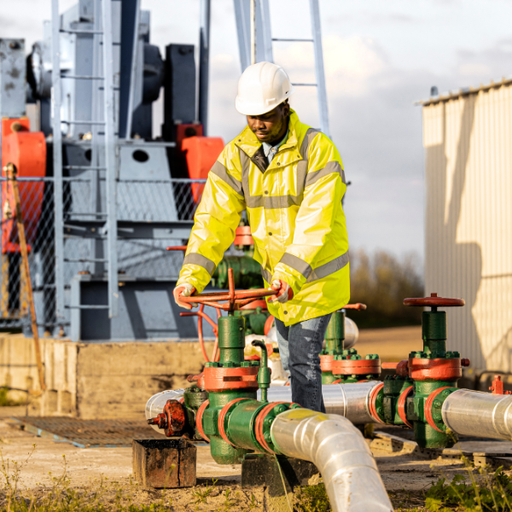
Description:
This course presents an overview of the various artificial lift systems used in the oil and gas industry. After introducing the need for an artificial lift system, training will focus on each of the following lift methods: Gas lift, Beam (Rod) Pump Systems, Progressive Cavity Pumping (PCP), Electrical Submersible Pumping (ESP), Hydraulic Pumping (HP) and Jet Pump (JP). For each lift type, the course covers main components, design, applications and troubleshooting.
Contents:
- Well and reservoir performance
- Overview of Artificial Lift Systems
- Artificial lift systems limits
- Selection Methods
- Critical parameters affecting artificial lift type
- Gas Lift Systems
- Sucker Rod Pump
- Progressive Cavity Pump (PCP)
- Electric Submersible Pumping (ESP)
- Hydraulic Pump (HP)
- PERFORATION
- Well Completion Planning
- Special completions
Designed For: Petroleum engineers, production engineers, geoscientists, completion, reservoir and drilling engineers concerned with well performance and production enhancement. Technical and operations staff from other disciplines, who are interested in learning the basic concepts of artificial lift technologies.
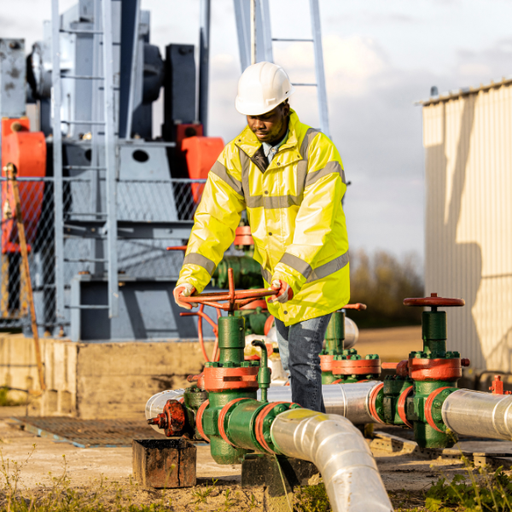
Description:
This course overviews Coiled Tubing surface and pressure control equipment as well as downhole tools. Coiled Tubing pipe manufacturing and operational limits, how to deal with fatigue and the interventions performed with coiled tubing will be clearly presented and discussed. Hence, the course highlights job design, typical CT operations as well as HSE and risk analysis.
Contents:
- Introduction
- Coiled Tubing Equipment
- Monitoring integrity of CT
- CT Pipe
- Well Control Equipment
- Coiled Tubing Application
- Job Design
Designed For: Production engineers, Drilling engineers, Completion engineers, Operations engineers, Field Technicians, Reservoir engineers, Other technical and operational staff who are involved in coiled tubing operations.
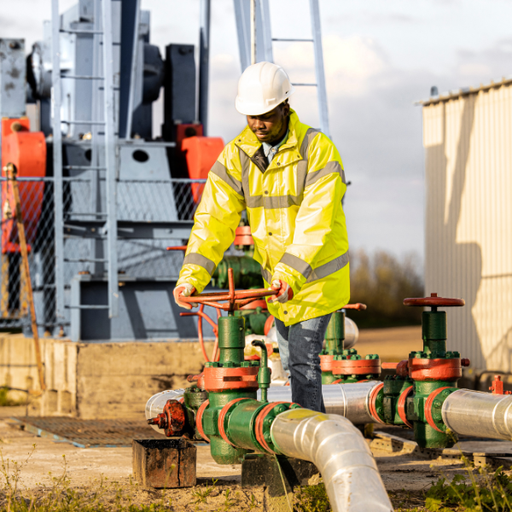
Description:
This course provides an understanding of almost all aspects of perforating including perforating guns and techniques, shaped charges and safety. API qualification tests procedures, methods of predicting and maximizing perforation effectiveness, equipment and operations for wireline and tubing-conveyed techniques will be discussed and presented. The training course covers the operating procedures, job planning and quality control.
Contents:
- Perforating Overview
- Perforating and Production Performance
- Electric Wireline Perforating
- Tubing-Conveyed Perforating
- Safety
Designed For: Production engineers, Completion engineers, Operation engineers, Drilling engineers, Field Technicians, Reservoir engineers, Other technical or operational staff who are involved in well completion operations.
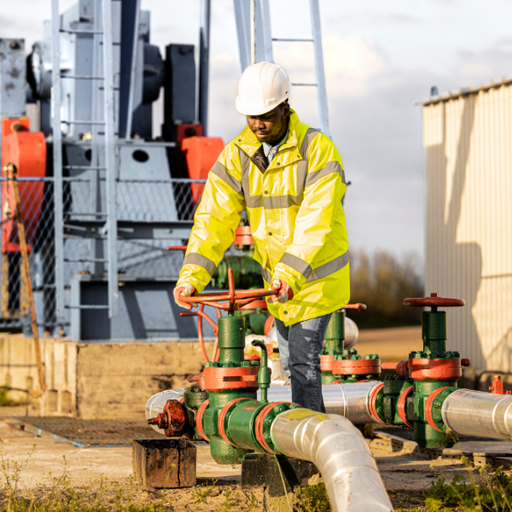
Description:
This course provides an in-depth look at formation damage mechanisms and its impact on well productivity, as well as the methods used for prevention and treatments, including an overview of matrix treatments, in sandstones and carbonates, and hydraulic fracturing. This course also covers the laboratory techniques involved in formation damage testing and different well stimulation techniques to achieve the best reservoir-wellbore communications. The lecture will be accompanied by numerous training exercises and field examples.
Contents:
- Formation Damage
- Damage removal
- Modern Well Completion and Well Intervention
Designed For: Production engineers, Completion engineers, Operation engineers, Drilling engineers, Field Technicians, Reservoir engineers, Other technical or operational staff who are interested in learning wellbore damage mechanisms and mitigation methods.
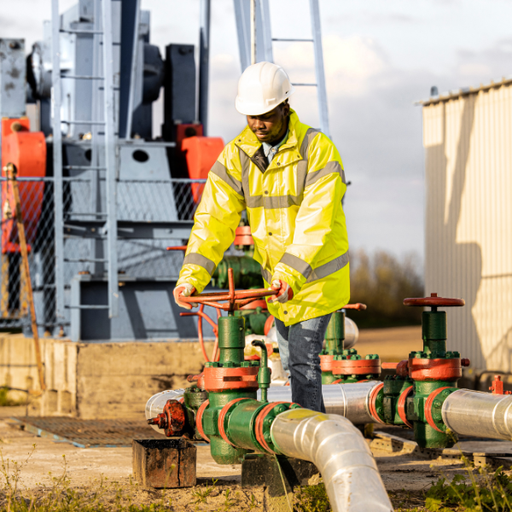
Description:
This course aims to develop knowledge and skills of attendees in all the concepts related to sand production, causes, control methods and control equipment. Sand production prediction and management strategy are discussed and presented. Developing strategies for managing sand production for both production and water injection wells are also explained.
Contents:
- Sand Production
- Sand production management
- Sand Control Methods
- Sand control equipment
- Sand Production Prediction
- Surveillance strategy
- Sand Control in Heavy Oil Producing Wells
- Sand production in horizontal wells
Designed For: Production engineers, Completion engineers, Operation engineers, Drilling engineers, Field Technicians, Reservoir engineers, Other technical or operational staff who are dealing with sand control design, execution and monitoring.
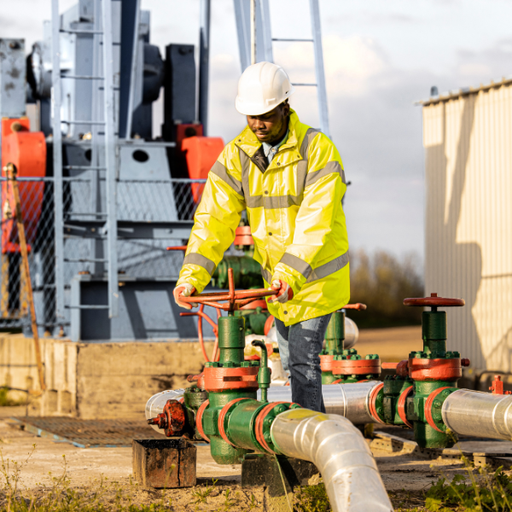
Description:
This course will provide theoretical and practical understanding of the gas lift system covering the fundamentals of well and reservoir performance, gas lift systems, equipment and design. Participants will learn how to improve efficiency and productivity using the gas lift technology. In addition, gas lift design exercise and application using real field data including the use of software programs.
Contents:
- Production System Analysis
- Gas Lift Technology
- Gas Lift system
- Gas Lift System Design
Designed For: Petroleum engineers, production engineers, reservoir engineers, other technical and operations staff from other disciplines, who are involved in the selection, design, operation or troubleshooting of gas lift systems.
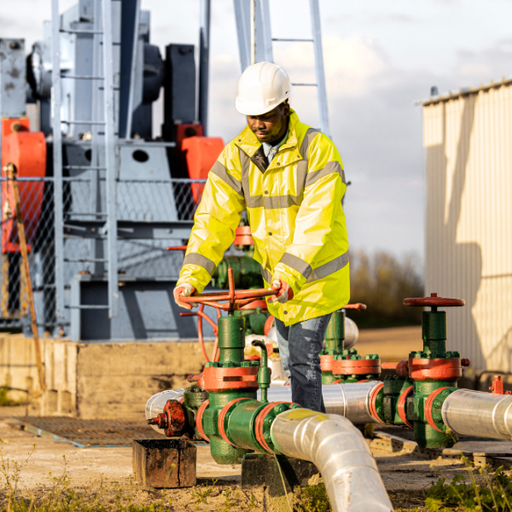
Description:
This course provides advanced concepts of gas lift system, design, equipment and troubleshooting. The curriculum is based on relevant case studies and is accompanied by numerous training exercises and practical field examples.
Contents:
- Production System Analysis & Artificial Lifting Theory
- Gas Lift Technology
- Downhole Equipment
- Gas Lift System Design
- Gas lift systems diagnosis, practical troubleshooting and optimization
Designed For: Petroleum engineers, production engineers, other technical and operational staff from other disciplines, who are interested in learning the concepts of gas lift technology.
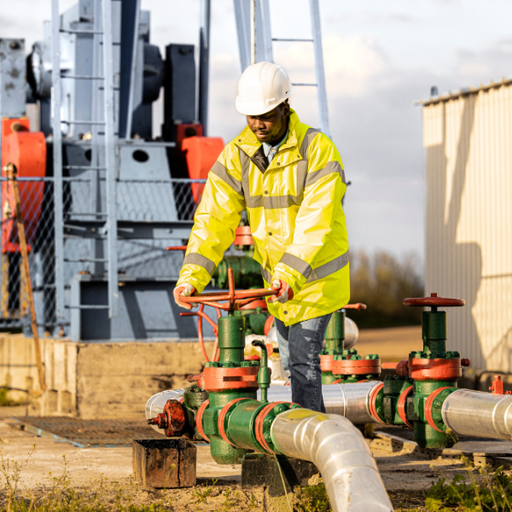
Description:
This course is a complete package of topics that cover all aspects in relation to ESP; Fundamentals and Applications, ESP components and basic functions, equipment selection, installation, commissioning, operation monitoring, control and maintenance. Additionally, participants will learn how to implement the ESP design, and the procedures aspects to make better decisions after evaluating the design of a system for current conditions and how to make changes to face the declining reservoir conditions using computer software.
Contents:
- Fundamentals and Applications of ESP
- ESP Pump Technology and Equipment
- ESP System Performance Calculations and Equipment Sizing
- ESP Monitoring, Control and Protection, Installation
- Commissioning, Operation and Maintenance
Designed For: Petroleum engineers, production engineers, other technical and operational staff who are involved in production optimization.
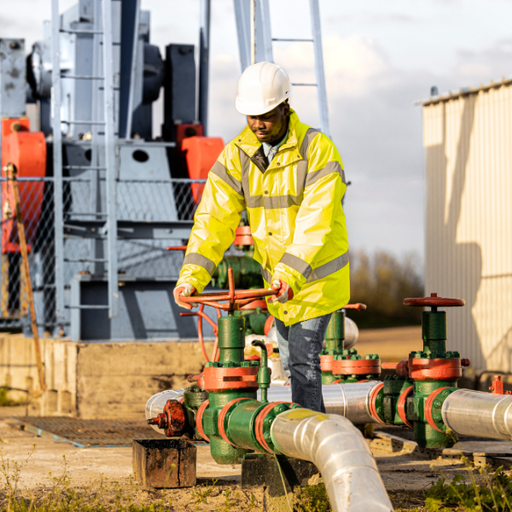
Description:
This course will allow the participant to become familiar with the PCP system, the advantages and limitations of this artificial lift method and its applications. After starting with the basics of reservoir inflow performance, equipment, system design, diagnosis, troubleshooting and optimization are described and discussed. Practical examples and problems are solved using industry computer software.
Contents:
- Introduction
- Reservoir and fluid properties
- Reservoir Performance – Inflow and Outflow Relationships
- Well productivity
- Advantages, limitations, and applications of PCP
- Surface Equipment
- Subsurface equipment
- Design of a PCP system
- Installation considerations and cautions
- Operation and monitoring of the PCP system, set-up of system protection
- Diagnosis and troubleshooting of the PCP system
- Failure analysis
- Optimization
Designed For: Production engineers, Operation engineers, Field Technicians, Reservoir engineers, Other technical or operational staff who are involved in the design, selection, operation, maintenance and analysis of PCP systems.
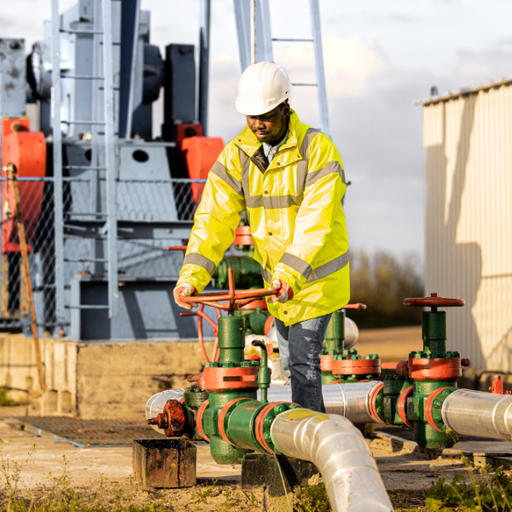
Description:
This advanced course is designed for those who have a theoretical and practical understanding of the applications of ESP artificial lift technology and want to expand their knowledge. This course provides in depth knowledge of the design and installation of the ESP used in aggressive environment application, delegates can learn how to optimize and troubleshoot ESP Installation. This course is designed also to provide recommendations for designing ESP systems for special applications.
Contents:
- Well and reservoir performance fundamentals: fluid properties and characterization
- ESP components
- ESP design and applications in special conditions
- ESP Installation and Troubleshooting
- Bottomhole Pressure Calculations
- Power Efficiency of the ESP System
- Monitoring and Troubleshooting of ESP Installations
- Special ESP Installations
- Emerging Technologies
Designed For: Petroleum engineers, production engineers, other technical and operational staff who are involved in production optimization
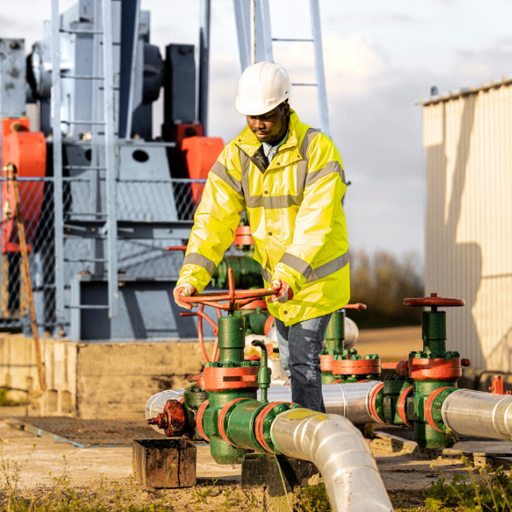
Description:
This course will help acquire knowledge on well testing procedures and operations as well as an introduction to equipment and instrumentation, to control, condition, monitor, and measure and sample the fluids that are produced from the reservoir during the production testing process.
Contents:
- Overview of Well Testing
- Pressure Operation
- Introduction to DST
- Surface Well Testing in Deepwater Environment
- Fluid Sampling
- Surface Testing Operations
- Clean Up
- Productivity test
- Separator
- Oil Calculation
- Gas Calculation
- Equipment selection & preparation
- Data recordings and Measurements
- Data Quality Control
- Well Test Procedures
- Down-hole and surface equipment and specifications
- Real-time Technology in Well Testing
Designed For: Production engineers, Petroleum engineers, Production Supervisors, Operation engineers, Field Technicians, Reservoir engineers, Other technical or operational staff who are involved in well testing operations.
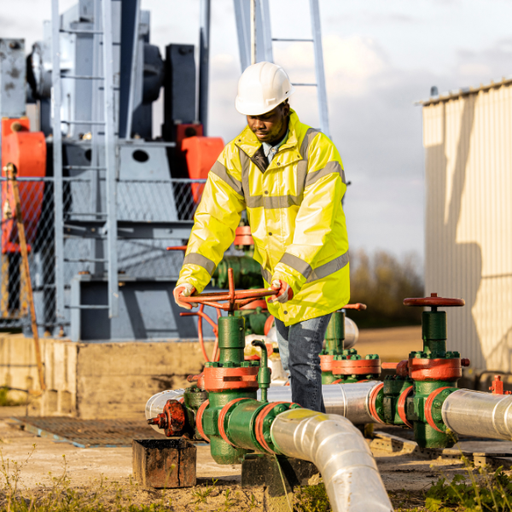
Description:
This course provides in-depth information on the productivity problems fundamentals that govern the oil and gas wells production performance, with the objective to develop skills to understand productivity problems and to identify solutions applying optimization technologies leading to enhance and optimize production. The course also outlines Flow assurance fundamentals including diagnostics, controls, and prevention of productivity
Contents:
- Well Production Enhancement and Optimization
- Well Surveillance and well problems
- Well Intervention for Productivity Enhancement
- Well Productivity Optimization
- Artificial Lift technologies
Designed For: Petroleum engineers, production engineers, other technical staff who are involved in well performance evaluation and modeling
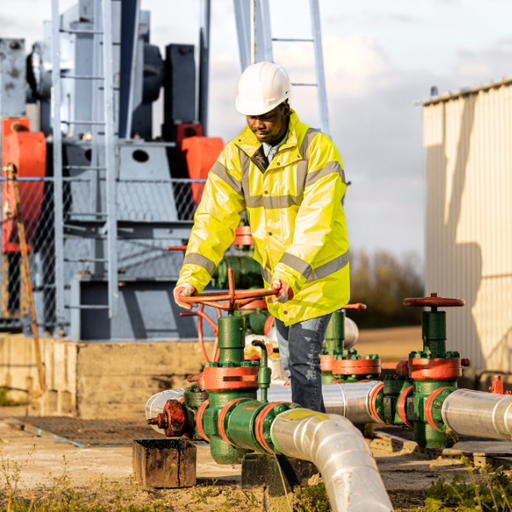
This course provides an in-depth understanding of the analytical approach used to quantify and optimize the flow of oil and gas production from the reservoir up to the surface. The understanding of the individual performance of these elements is the only way to improve or optimize the performance of the whole system. Analytical models will be used to predict the performance of a segment of the system, using measured or inferred parameters. The curriculum is accompanied by numerous training exercises using commercial software.
Contents:
- Introduction
- Lift Performance
- Flowing Well Performance
- Production Rate Decline Curves
- Optimizing Well Performance
Designed For: Petroleum engineers, production engineers, staff involved in the optimization of well productivity.
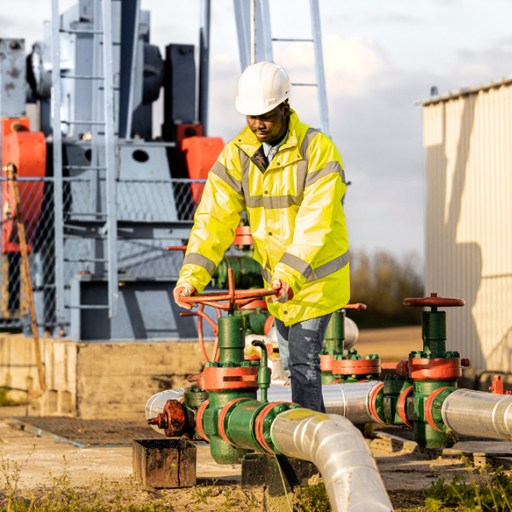
Description:
This extensive course will enable participants to understand the concepts and practical applications of modeling naturally flowing and artificial lift wells with Prosper, surface network modeling with GAP, reservoir modeling with MBAL and full field performance prediction with GAP and MBAL.
Contents:
- Integrated production system
- Reservoir fluid properties
- Building well model
- Inflow performance models
- Introduction to MBAL
- Introduction to GAP
- Integrated modeling
Designed For: Petroleum Engineers, Production Engineers, Production Technologist
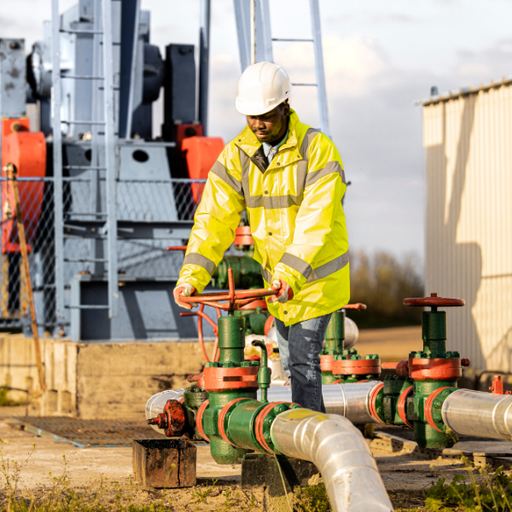
Description:
This course explains the proficiency needed for designing an optimum well completion program that focuses on maximizing field production and increasing recoverable reserves. It aims to deliver the concepts and procedures leading to an optimized completion design.
Contents:
- Reservoir Performance and Well Completion
- Completion Equipment
- Well Completion Design
- Completion Fluids
- Cased Hole Logs
- Stimulation
- PERFORATION
- Well Completion Planning
- Special completions
Designed For: Petroleum engineers, production engineers, geoscientists, completion engineers, reservoir and drilling engineers, other technical and operational staff from other disciplines, who are concerned with well completion design.
Our Clients
Shared Vision, Shared Success!
